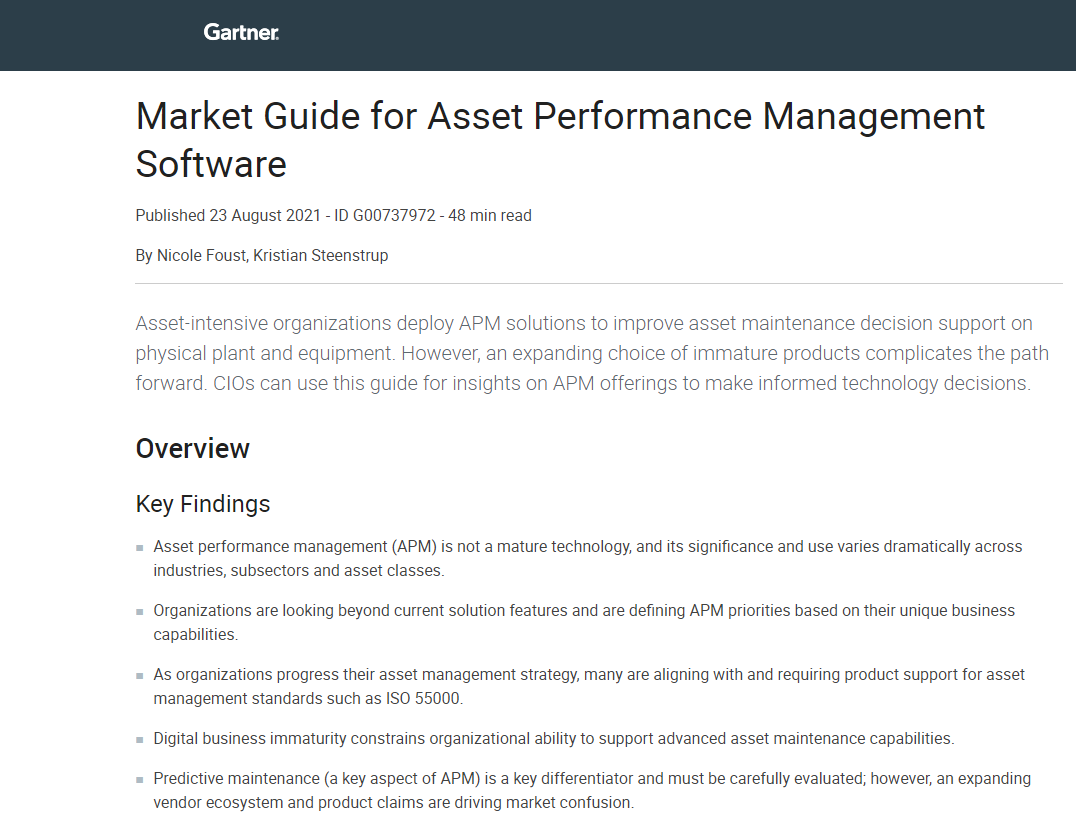FCA sets out stall on crypto regulation
Cryptocurrency remains in the regulatory body's sights, with sustainability also driving decision-making


Sign up today and you will receive a free copy of our Future Focus 2025 report - the leading guidance on AI, cybersecurity and other IT challenges as per 700+ senior executives
You are now subscribed
Your newsletter sign-up was successful
Nikhil Rathi, the chief executive of the Financial Conduct Authority (FCA), has set out a broad strategy to embrace and mitigate against the benefits and risks of digital platforms.
In a speech to guests at Peterson Institute for International Economics, Rathi stated that cryptocurrencies are particularly concerning given their accessibility and cross-border capabilities, which casts into doubt the legitimacy of the platform,
RELATED RESOURCE

How to choose APM software for your business
A market guide to Asset Management Performance software
Throughout May and June, the FCA held events that they call ‘CryptoSprints’, in which 184 industry participants were invited to give their views on what appropriate regulation for cryptocurrencies would look like.
The results showed there's appetite for such regulation, to be phased in over time although the FCA does not have the jurisdiction to bring this in on its own. At the US-UK Financial Innovation Partnership talks in London, the US and UK also discussed such regulation, and raised the idea of central bank digital currencies as an option going forward.
The FCA hopes that in engaging with the market so actively, they can mitigate against future threats to consumer interests posed by crypto, rather than simply react against individual outcomes of market instability.
Rathi also highlighted the changes to systems infrastructure the FCA has made, with the intention of improving fraud detection.
“Last year we moved some of our core systems to the cloud. This enabled us to transfer over 50,000 firms and tens of thousands of users to a new regulatory data platform. Using our data lake, we aim to more swiftly identify, connect and react to firm and market issues,” he stated.
Sign up today and you will receive a free copy of our Future Focus 2025 report - the leading guidance on AI, cybersecurity and other IT challenges as per 700+ senior executives
The FCA has long expressed doubt over the viability of cryptocurrency platforms, having been investigating the issue since at least 2018. In 2021, the agency went as far as issuing a warning that “if consumers invest in these types of product, they should be prepared to lose all their money".
As part of its innovative approach to regulating the financial tech sector, the FCA has recently reached an agreement with Google requiring firms that want to advertise on its platform to first receive FCA certification.
Another key policy highlighted in the speech was the FCA’s environmental, social and governance (ESG) strategy, through which they aim to promote awareness of climate change, work with firms to manage sustainability risks, and support the wider market in moving to an economy that is sustainable.
In line with the UK net zero policy, the FCA is also working with international partners developing similar policies to ease worldwide economic transition away from carbon.

Rory Bathgate is Features and Multimedia Editor at ITPro, overseeing all in-depth content and case studies. He can also be found co-hosting the ITPro Podcast with Jane McCallion, swapping a keyboard for a microphone to discuss the latest learnings with thought leaders from across the tech sector.
In his free time, Rory enjoys photography, video editing, and good science fiction. After graduating from the University of Kent with a BA in English and American Literature, Rory undertook an MA in Eighteenth-Century Studies at King’s College London. He joined ITPro in 2022 as a graduate, following four years in student journalism. You can contact Rory at rory.bathgate@futurenet.com or on LinkedIn.
-
 CISOs are keen on agentic AI, but they’re not going all-in yet
CISOs are keen on agentic AI, but they’re not going all-in yetNews Many security leaders face acute talent shortages and are looking to upskill workers
-
 Why Amazon’s ‘go build it’ AI strategy aligns with OpenAI’s big enterprise push
Why Amazon’s ‘go build it’ AI strategy aligns with OpenAI’s big enterprise pushNews OpenAI and Amazon are both vying to offer customers DIY-style AI development services
-
 Nationwide forges closer ties with AWS in cloud transformation push
Nationwide forges closer ties with AWS in cloud transformation pushNews The building society is “consolidating and modernizing” cloud infrastructure and focusing heavily on internal skills development
-
 Finance and security leaders are odds over cyber priorities, and it’s harming enterprises
Finance and security leaders are odds over cyber priorities, and it’s harming enterprisesNews Poor relations between the departments can be solved by CISOs talking in a language CFOs understand
-
 IDC: The business value of IBM Maximo
IDC: The business value of IBM MaximoWhitepaper Integral to the transformation of asset management
-
 UK firms are pouring money into AI, but they won’t see a return on investment unless they address these key issues
UK firms are pouring money into AI, but they won’t see a return on investment unless they address these key issuesNews An SAP report projects increased AI investment, but cautions that too many organizations are taking a fragmented approach
-
 How AI is reshaping the role of spreadsheets in accounting
How AI is reshaping the role of spreadsheets in accountingIndustry insights Modernizing spreadsheets can enable secure and AI-ready accounting and finance functions
-
 Implementation and atychiphobia: helping SMEs overcome fear
Implementation and atychiphobia: helping SMEs overcome fearIndustry Insights Fear of failure stalls SME system upgrades, but resellers can calm concerns and build confidence
-
 Intel makes high-level hires while factory workers are warned of layoffs
Intel makes high-level hires while factory workers are warned of layoffsNews The company is appointing four senior executives as part of efforts to refocus on engineering and customer relationships
-
 UiPath names Simon Pettit as new AVP for UK and Ireland
UiPath names Simon Pettit as new AVP for UK and IrelandNews The seasoned leader will spearhead region-specific transformation projects as UiPath looks to drive operational growth and customer engagement